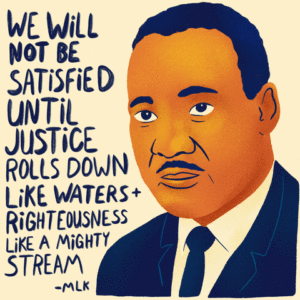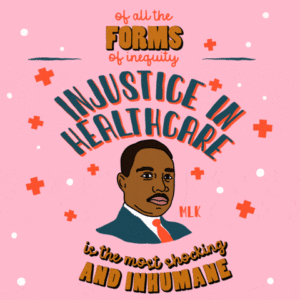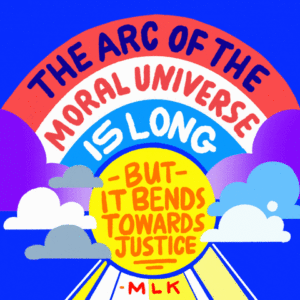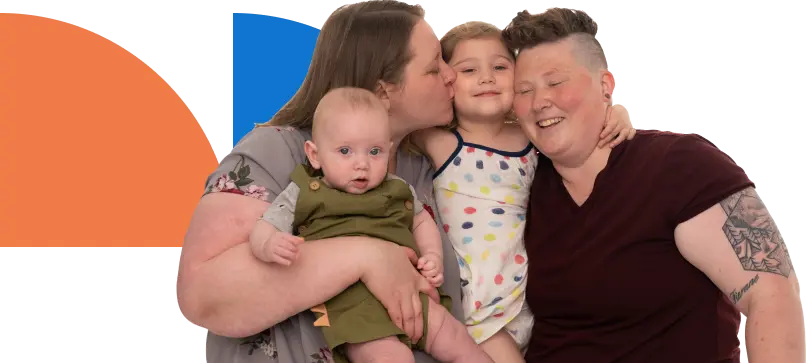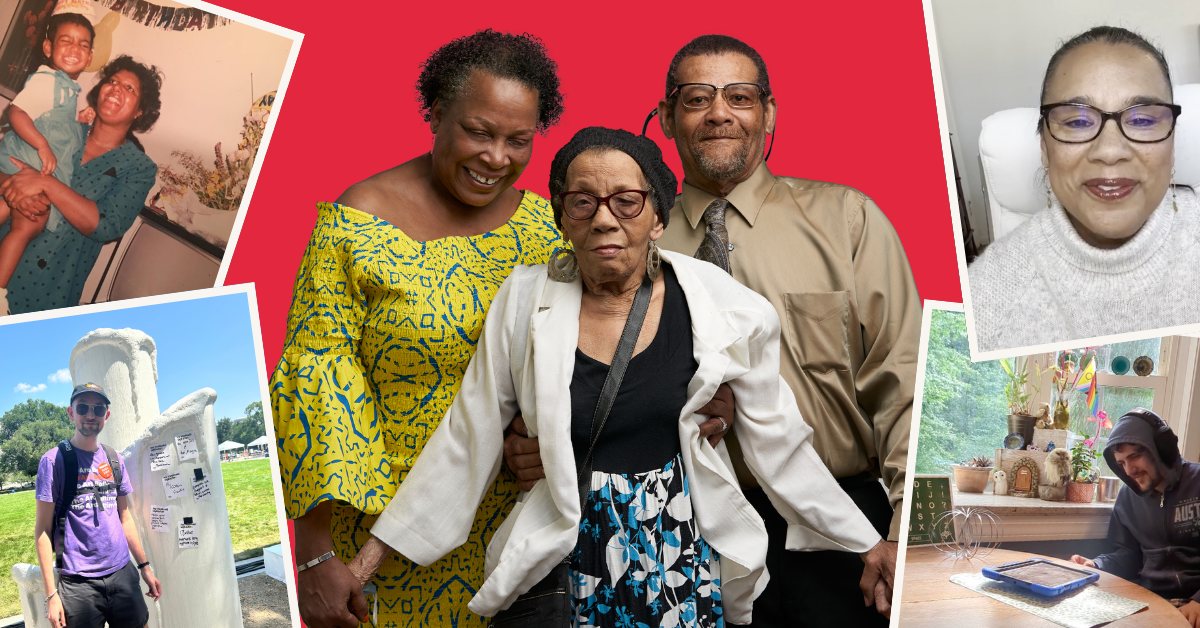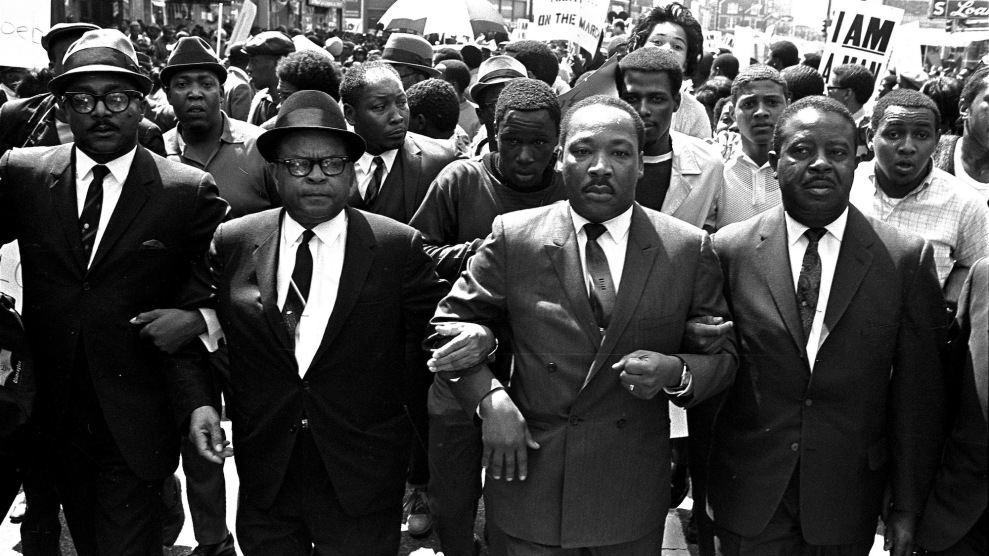
Today, on Dr. Martin Luther King Jr. Day, we honor Dr. King’s life and legacy by reflecting on his immense contributions to our movements. For Dr. King, racial and economic justice were inextricably linked. At the time of his death, he was working with Black sanitation workers to improve their labor rights.
We must continue Dr. King’s work by advocating for better worker protections and wages for all workers, and especially caregivers who are largely Black, brown and immigrant women and still face unjust workplace conditions every day.
Our nation’s economy was built on the subjugation of Black people, and in no industry is this clearer to see than in domestic work. The history of domestic work in the United States is closely linked to slavery. Write Josephine Kalipeni and Tiffany Younger in The Morning Consult, “Starting during chattel slavery, white men and women have used physical violence and discriminatory laws to devalue caregiving and exclude domestic workers from fair wages and labor protections.”
Today, 57,000 to 160,000 Black women work in private homes or for agencies as domestic workers. Care jobs remain poverty jobs, with median incomes around $25,000 per year. Say Kalipeni and Younger, “The very people who care for our nation cannot afford high-quality care for their own families.”
Dr. King’s work in the racial and economic justice movements planted seeds that have grown to allow us to reimagine an economy that works for the millions of Black, brown and immigrant women who sustain it through care. A more equitable economy necessitates an equitable care infrastructure so that those who give, provide and receive care can all receive the wages, benefits, and care they need and be treated with dignity and respect.
In his Beyond Vietnam speech, Dr. King said, “We as a nation must undergo a radical revolution of values…we must rapidly begin…the shift from a thing-oriented society to a person-oriented society.” Part of continuing Dr. King’s work is creating the revolution of values that he called for, and what better place to start than with care? Care is the backbone of our families and economy, and we must center it in all parts of life to create a more equitable future for us all.
